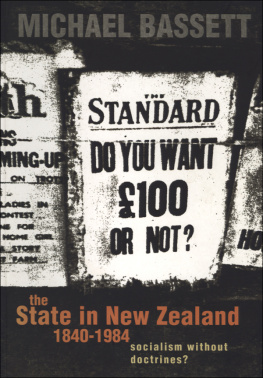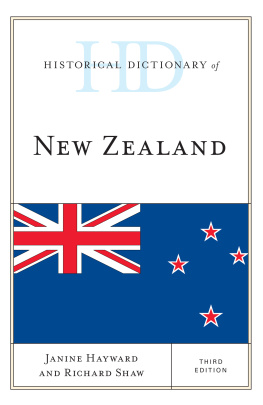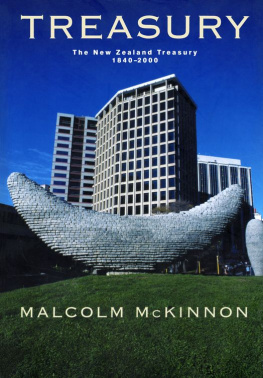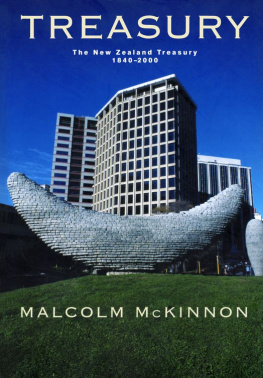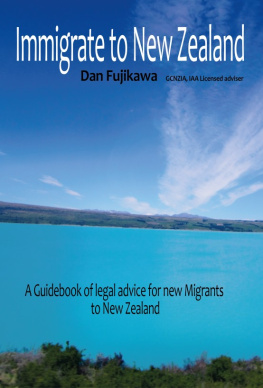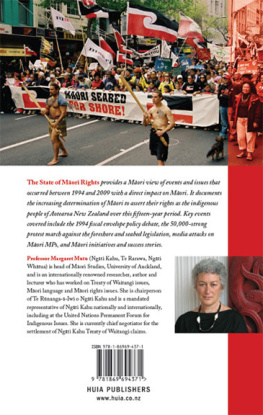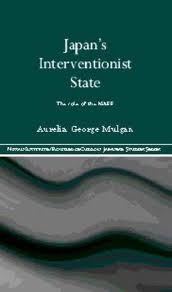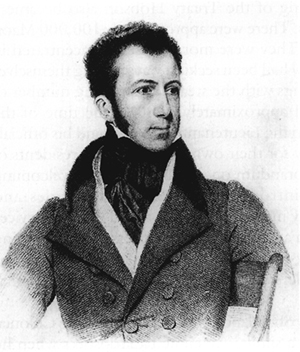Chapter 1
Establishing Order in Colonial
New Zealand
Captain William Hobson stepped ashore at Kororareka on the afternoon of 30 January 1840. He proceeded to a small church. There he read Queen Victorias commissions that annexed New Zealand to the British Crown and appointed him Lieutenant Governor of New Zealand.
According to the historian Harrison Wright, almost everybody in New Zealand, both Maori and white, welcomed the British annexation when it came.
Europeans with access to the Lieutenant Governor and his officials soon sought to use his authority for their own purposes. The residents of Kororareka who signed a memorandum on 3 February 1840 welcoming Hobsons arrival craved the introduction of enforceable rules and regulations. Some wanted to buy more land, others to sell land or services to the new administration, often at inflated prices. Others were beginning to think about the desirability of assistance with transport and communications. The very first settlers envisaged a role for government that went far beyond law and order.
Hobsons deputy, Willoughby Shortland, who was confirmed as Colonial Secretary on 7 March, received a similar welcome to Hobsons when he went south, arriving in Wellington on 2 June 1840. The Lieutenant Governors authority was much in demand despite the pitifully small budget at his disposal. Governor Gipps of New South Wales had transferred only 3,000 to New Zealands account in the Bank of Australasia before Hobson left Sydney in January 1840, and Hobson had barely 100 troops to back his authority throughout the country.
Settlements were springing up in other parts of New Zealand. While Auckland advanced in an ad hoc, unplanned manner, there was little that was laissez faire about those in the middle of the country. To use J. D. Salmonds expression, they were essentially regulative in origin. This was New Zealands first experiment in social engineering.
The fact that many of the early settlers received assistance with their Felling trees and planting grass was arduous work. Labour was in short supply. In the various encampments there was little fencing; animals roamed about, sometimes destroying newly planted gardens. All settlements initially consisted of tents, makeshift housing and a grog shop or two. Roads were no more than bridle paths. It was not until the middle of the 1850s that any of New Zealands settlements could be said to resemble a small British market town.
Edward Gibbon Wakefield: promised steady employment and opportunities in the new land. ATLF-131790 1/2
Assistance with communications and with opening up the land became early settler priorities. However, some expectations went beyond this. As John Martin shows, the New Zealand Company led the first workers in Nelson and Wellington to expect assistance in finding employment. Systematic colonisation hinted at a new social order, where labourers could reasonably expect to improve their lot by jobs, fair wages and access to land. What Martin calls a long term relationship between politics, public works and the pattern of protest soon developed, and it carried on into the twentieth century.
Ultimately government intervention became necessary, as it would on many future occasions, to ensure that the blandishments waved before emigrants before they left the Old Country turned into something approaching reality in the new.
In all settlements the newcomers were impatient for the Crown to purchase further land, and for it then to be onsold. In Taranaki where New Zealand Company claims were largely disallowed after Spains investigations, settlers became obsessed with the desire for more space. Everywhere the settlers also wanted an active immigration policy. A rapid inflow of people was likely to provide more labour in the new country and it would push up the value of land already in settler hands. Nowhere is there evidence that any settlers wanted an inactive government, or believed that they were in the best position to control their environments. Constructive use of authority was essential to success in early colonial life.
Maori, on the other hand, were ambivalent about land sales. While the concept of selling land was alien to their customs, many liked the trade that settlers brought with them. Before 1840 many Maori had readily provided access to land. Others, however, were more cautious, soon realising that settlers regarded access to Maori land as something permanent. In the years immediately after the Treaty, Maori hoped that Hobsons Government
Governor Sir George Grey (1845-53) made a better attempt both to understand and consult Maori. And he contrived to give the impression that his government was fair. But it was mutual economic advantage that maintained a degree of racial harmony in the early years of Pakeha settlement. According to Ranginui Walker, the first fifteen years after the Treaty saw a period of economic expansion and prosperity for many tribes, especially those close to Pakeha markets. De facto authority at the local level lay with Maori. So long as governments did nothing to disturb the status quo both races were, by and large, prepared to accept the Governors authority.
Among the settlers, expectations of the new Government were high. When officials first arrived at Kororareka, commercial activity was rudimentary. Hobson found it necessary to appoint a Colonial Storekeeper before he left Sydney. His job was to purchase goods on the Governments behalf. The handful of Kororareka retailers soon sought government assistance with the importing of supplies. The irregularity of shipping meant retailing was a chancy business. Dr William Davies, who took office later in 1840 as Colonial Surgeon, expected the Colonial Secretary to purchase, among other things, supplies of aqua rosa, nitric acid, potassium sulphate and sarsaparilla on his behalf. The local harbourmaster wanted the Colonial Secretary to procure him a boat. A postal official sought a canoe to reach outlying places. It was soon clear that no service worked unless Hobsons officials gave it a helping hand.
Settlers demands grew exponentially. Besides order, they soon wanted employment opportunities and an array of services. On 11 April 1840 a group of 37 inhabitants of Kororareka sought to have Hobson introduce a form of town planning to ensure that the narrow streets with their sea of tents did not prevent altogether the rise of the township. There was a steady stream of place-seekers, too, who looked to the new administration to provide paid employment. And those accustomed to access to hospitals in the Old Country expected such amenities in the new, and were not too fussy about who took the initiative. On 28 May 1840 Hobson chaired a meeting of between 30 and 40 residents of Kororareka to discuss the setting up of a local hospital. There was talk of private subscription, but there seems to have been an underlying assumption that the Crown would take a role in financing the hospitals construction. The State was being drawn into activities by force of circumstance.
Education quickly became an issue in Kororareka, since several of Hobsons officials had children. The Colonial Secretary was soon involved in efforts to establish a school. In August 1840 he was asked to purchase 8 Bibles, 24 spelling books, 24 slates and 100 pencils to help with the childrens instruction. The provision of education elsewhere in the colony was not yet regarded as a government responsibility, although the Colonial Secretarys files in the 1840s reveal many requests for government help from missions providing education. Settlers were possessed of what might be called pragmatic pioneer experimentalism. From earliest days the line between what was their own responsibility and what could reasonably be expected of the Government was blurred. If authority was close at hand, settlers did their best to take advantage of it.

